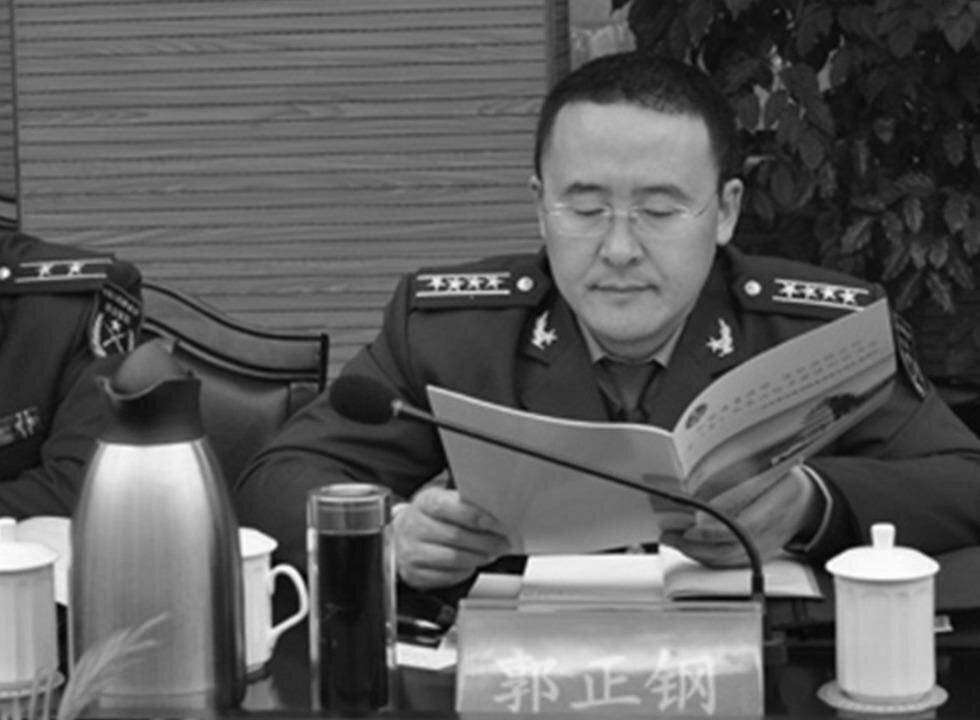When the father was one of top officers in China’s military, it became easy for the son to rise through the ranks, eventually becoming a powerful military official in his own right—and an arms trader on the side. Meanwhile, the daughter-in-law got rich through real estate development on military-owned land.
Such is the story that has emerged in the days after the sacking of Guo Zhenggang, the son of former vice chairman of the Central Military Commission, the top Communist Party body that controls China’s military. The father, Guo Boxiong, has long been rumoured to be in the Communist Party’s political dog house.
When People’s Daily, the regime’s official mouthpiece, takes a jab at the son of an official, everyone knows that both their situations are dire.
“Before being sacked, Guo Zhenggang was basically rising up as if riding on a rocket,” the People’s Daily said, taking a jab at Guo as one of the youngest major generals in the force.
People’s Daily continued its interpretation of the sacking: “So it basically means Guo has fallen from the sky.”
Arms Trader
According to Duowei News, an online publication that often carries insider reports, the young Guo made his arms deals in a Chinese military building in Guangzhou Province. The building was originally used by the General Staff Department of the Chinese military to collect intelligence in Southeast Asia, according to Duowei.





